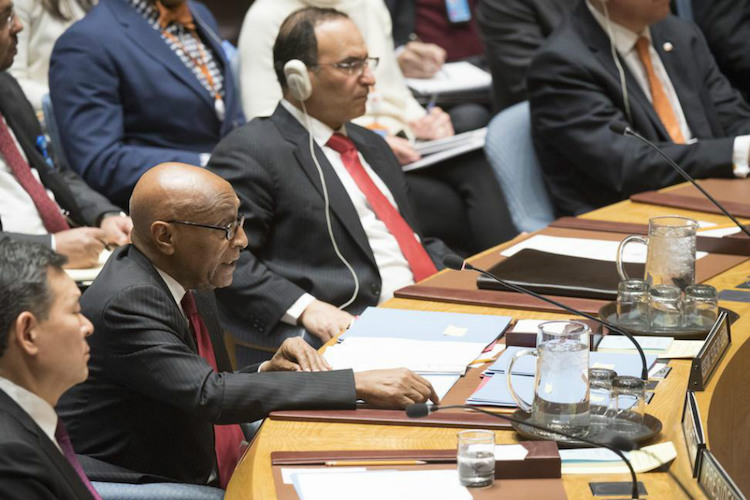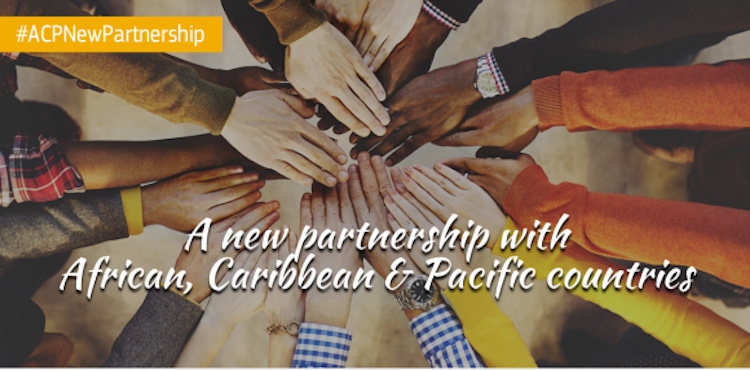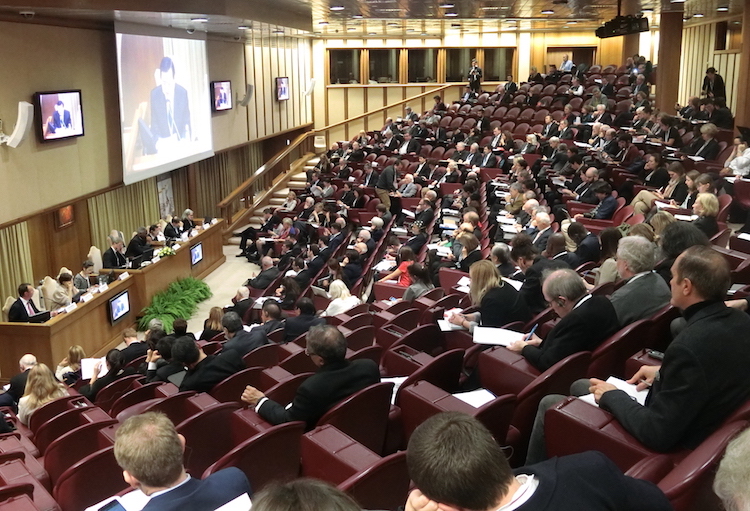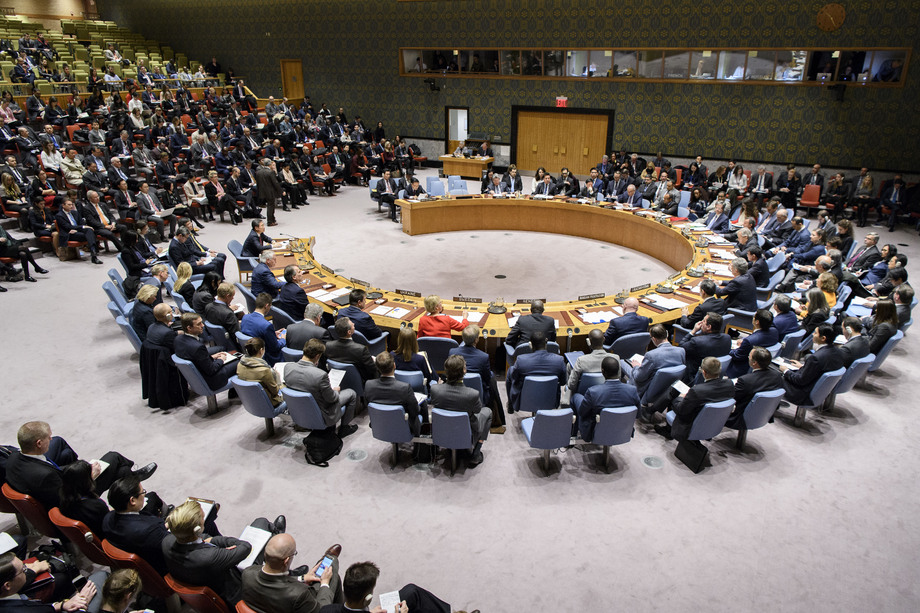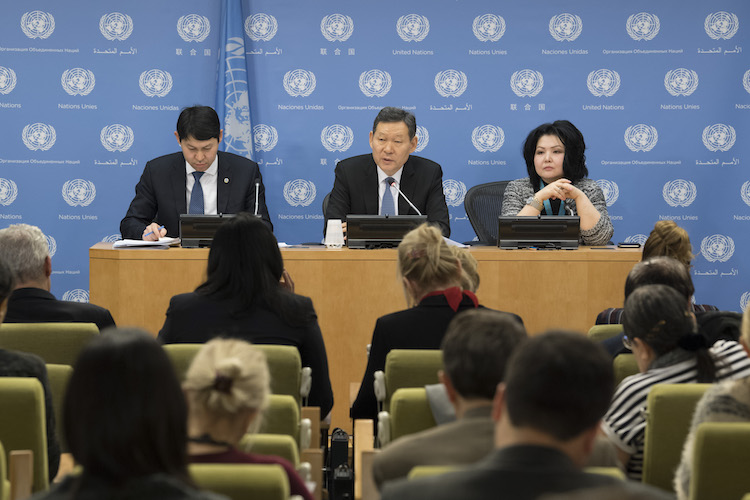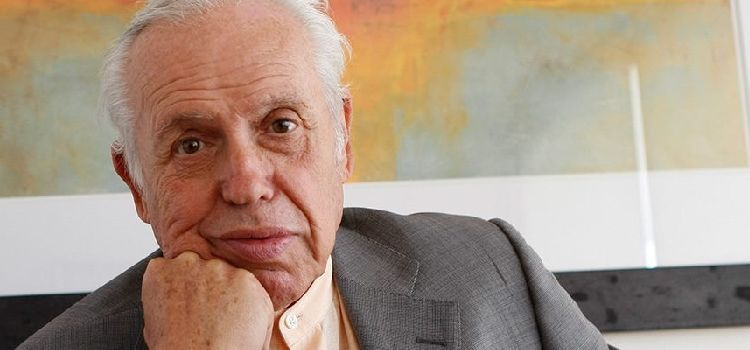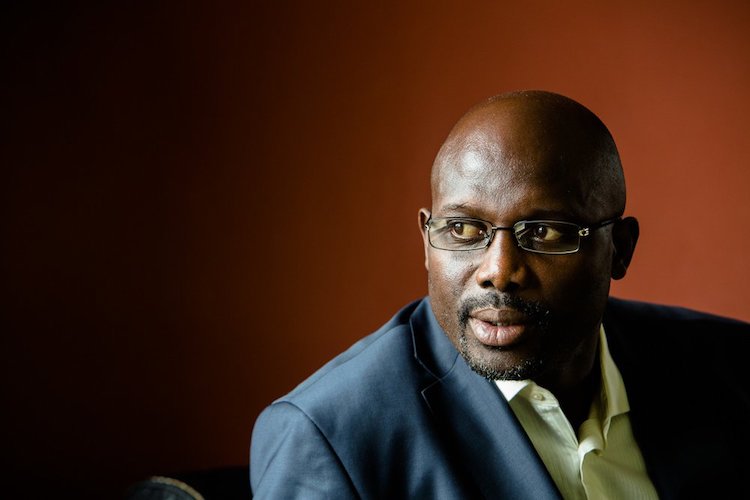By Tayé-Brook Zerihoun Tayé-Brook Zerihoun is the Assistant Secretary-General for United Nations Department of Political Affairs. The following are extensive excerpts from his ‘briefing’ to the Security Council on ‘The Situation in the Middle East’ on 5 January 2018. UNITED NATIONS (IDN) – The protests in the Islamic Republic of Iran started on 28 December […]
EU and 79 ACP Countries Plan a ‘Modernised Partnership’
By Reinhardt Jacobsen BRUSSELS (IDN) – As the European Union (EU) and the African, Caribbean, and Pacific Group of States (ACP) gear up for talks on future relations between the two groupings after the Cotonou Agreement expires in February 2020, some areas of agreement on their respective stances have emerged. The agreement that was signed […]
India Looks Forward to Hectic Diplomacy in 2018
By Shastri Ramachandaran* NEW DELHI (IDN) – The world could be too much with us in 2018, in a sense that Wordsworth may never have foreseen. In fact, the New Year would begin with a lot of the world in India when leaders of 10 ASEAN (The Association of Southeast Asian Nations), governments come as […]
Landmark Vatican Conference on Nuclear Disarmament Brings a Breeze of Expectation
By Ramesh Jaura The following article is based on an interview with Hirotsugu Terasaki, the Director General of Peace and Global Issues of the lay Buddhist organization Soka Gakkai International (SGI), in Tokyo, Japan. SGI was the sole Buddhist organization that participated in the Vatican Conference on nuclear disarmament on November 10-11, 2017. BERLIN | […]
Jailed U.S.-Cameroonian Professor and Writer Wins Release
By Lisa Vives, Global Information Network NEW YORK (IDN) – A New York-based university professor jailed for his writings critical of President Paul Biya of Cameroon has been released from prison after an outpouring of support from free speech activists, students and academics around the world. Stony Brook professor Patrice Nganang, who has dual citizenship […]
Former ICBM Launch Officer Calls for Reforming Presidential Nuclear Launch Authority
By J C Suresh TORONTO | WASHINGTON, DC (IDN) – Cofounder of the organization Global Zero, and a former Minuteman intercontinental ballistic missile launch officer has called for major changes to prevent a U.S. President from ordering the use of nuclear weapons. In a new article published in the forthcoming issue of Arms Control Today, Bruce Blair, […]
UN Security Council to Discuss Confidence-building Measures and Weapons of Mass Destruction
By Alyn Ware Alyn Ware is Global Coordinator of Parliamentarians for Nuclear Nonproliferation and Disarmament (PNND). NEW YORK (IDN) – Kairat Umarov, President of the UN Security Council for January, has announced that Kazakhstan President Nursultan Nazarbayev will chair a special session of the Council on January 18 on the issue of Weapons of Mass […]
Security Council under Kazakh Presidency has a Content-Rich Agenda for January
By J Nastranis UNITED NATIONS (IDN) – Two days after the United Nations Secretary-General António Guterres issued “a red alert for our world”, the new Security Council President Kairat Umarov has presented a content-rich agenda for the January programme of work of this vital organ of the world body which bears primary responsibility for the […]
A Time Bomb Waiting to Explode
Viewpoint by Roberto Savio The writer is publisher of Other News, an eminent proponent of “information that markets eliminate” and founder of IPS-Inter Press Service News Agency. This article is being reproduced courtesy of Other News with the writer’s permission. He can be contacted at utopia@robertosavio.info and his articles and comments can be read on […]
An Encounter with a Star Footballer Now President of Liberia
Viewpoint by Jonathan Power* LUND, Sweden (IDN-INPS) – It was late 2003, the Liberian war was winding down after taking the lives of 250,000 civilians, spawning a small army of deadly child soldiers, and I was sitting at lunch in Monrovia inside the president’s palatial office and residence with the American ambassador on my right […]

